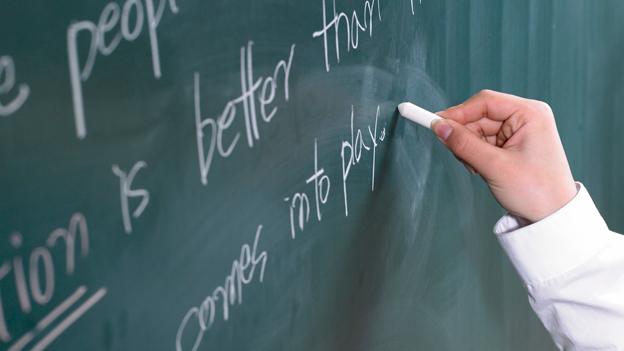Wales' poorest children struggle with language, report says
- Published
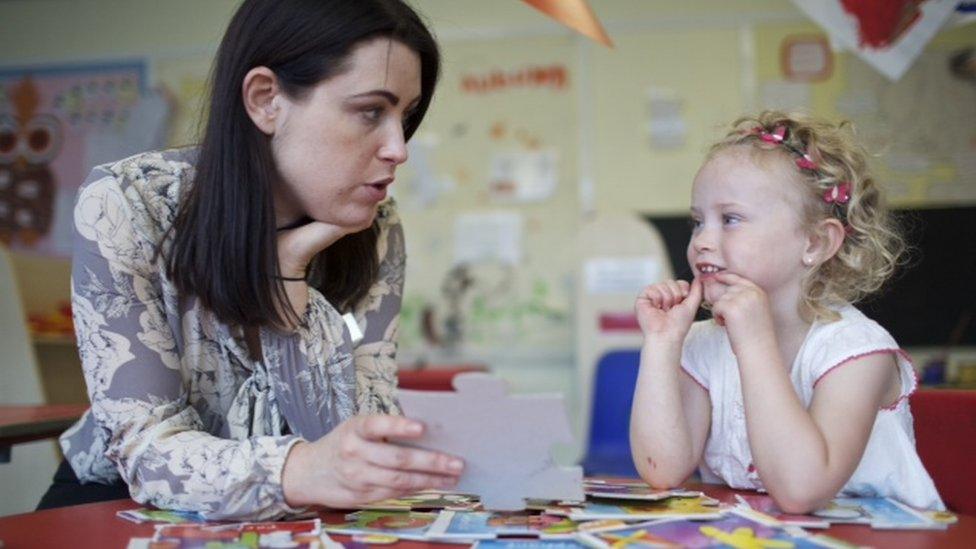
Children who have language difficulties at five are at a higher risk of mental health problems at 34, researchers have found
Wales' poorest children already struggle with language when they start primary school, a new report has said.
Those from poorer backgrounds are 67% more likely to score below average in vocabulary at five than their peers, the Ready to Read Wales report said.
The Read On. Get On. campaign group, external has called for more investment in Wales' early years workforce and extra support for parents.
The Welsh government said raising literacy is a "major" priority.
Save the Children Wales - which is part of the campaign group - published the report on Tuesday.
Mary Powell-Chandler, head of the charity, said: "We know early language is a crucial stepping stone to literacy and that children with good language ability at age five are more likely to have both higher qualifications and to be in employment in adulthood compared to their peers."
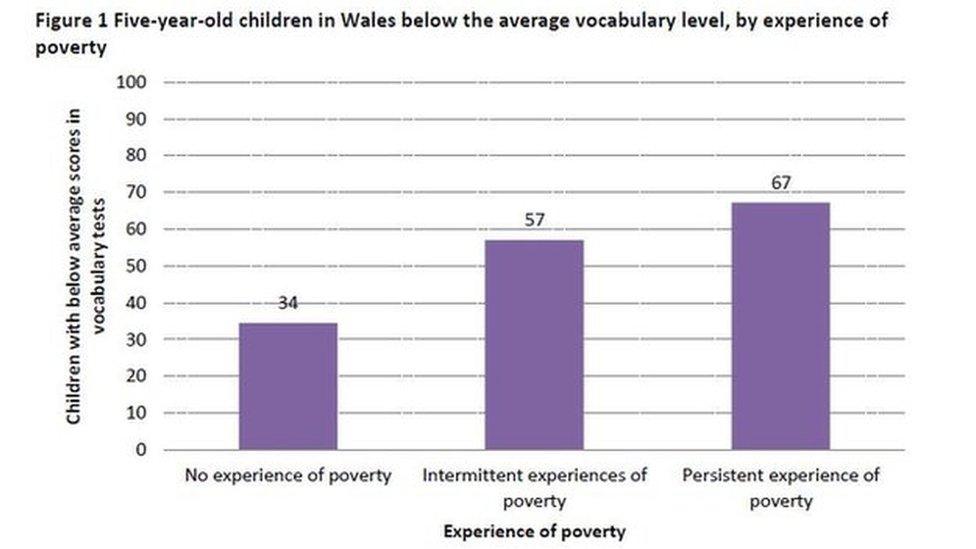
Data from the Millennium Cohort Study
The campaign group - made up of charities, libraries, teaching unions and publishing agencies - said one in four children growing up in poverty in Wales leave primary school unable to read well, with the gap beginning in early years.
The report features new analysis by University College London of a Welsh sample from the Millennium Cohort Study, external, a project following the lives of thousands of UK children.
It shows more than three quarters of children who experience intermittent or persistent poverty who score below average in vocabulary at five, also do so at the age of seven and again at 11.
Below average
Read On. Get On. welcomed recent initiatives but called on the Welsh government to invest further in language experts in early years departments, to strengthen support for parents and to appoint a Children's Minister.
Prof Chris Taylor, Cardiff co-director of the Wales Institute for Social and Economic Research, said: "When parents are struggling to find work, or take on additional work just to pay their rent, the attention that children need in the first few years of their lives can often be overlooked."
The UK-wide campaign group, which includes Book Trust Cymru, Teach First Cymru and Literature Wales, has set the goal of getting every child reading well by the age of 11 in 2025.
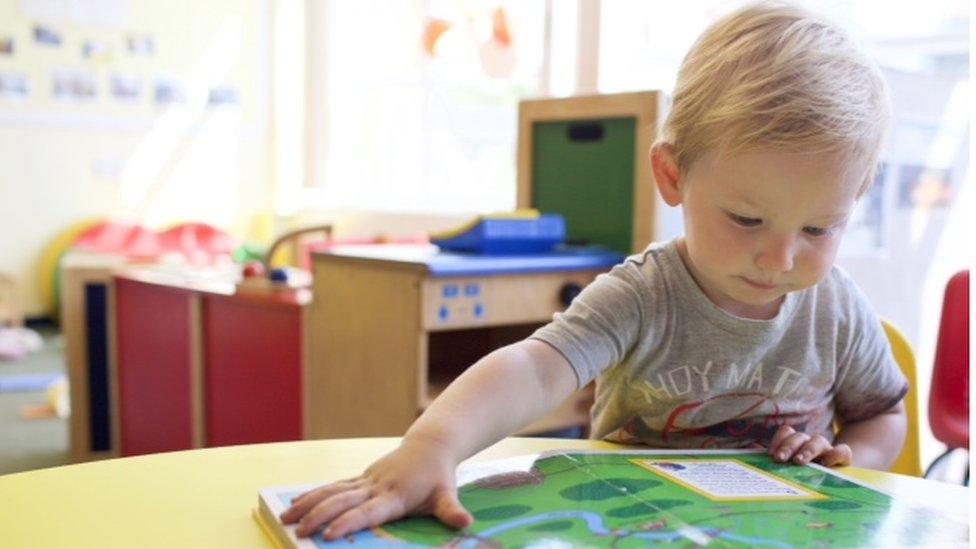
Campaigners believe language experts should be appointed in early years departments in Wales
Welsh Children's Poet Laureate, Anni Llŷn, added: "If we do not encourage our children to strive to understand and interpret the world around them from a young age, then we are limiting their future."
The Welsh government welcomed the campaign and said it was working closely with those involved.
It said the report complemented its own Make Time to Read, external campaign, launched in 2010, and its Education Begins at Home, external scheme.
A spokeswoman said: "Raising literacy is a major Welsh Government priority and we have introduced a range of policies, including our Literacy and Numeracy Framework and annual reading tests to help achieve this.
"We also recognise that increasing the skills of the early years workforce is key to improving outcomes for children, particularly those living in poverty.
"That is why we are developing a multi-million pound programme with European Structural Funds to provide qualifications to the early years workforce up to degree level."
- Published13 January 2015
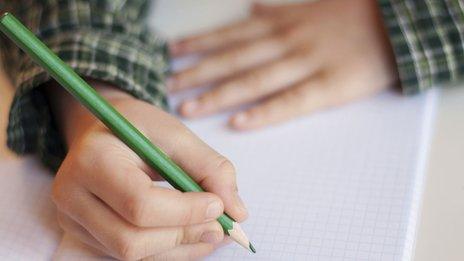
- Published17 May 2012
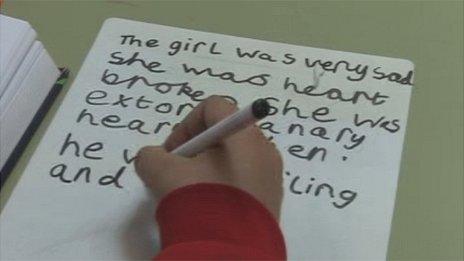
- Published25 February 2015
